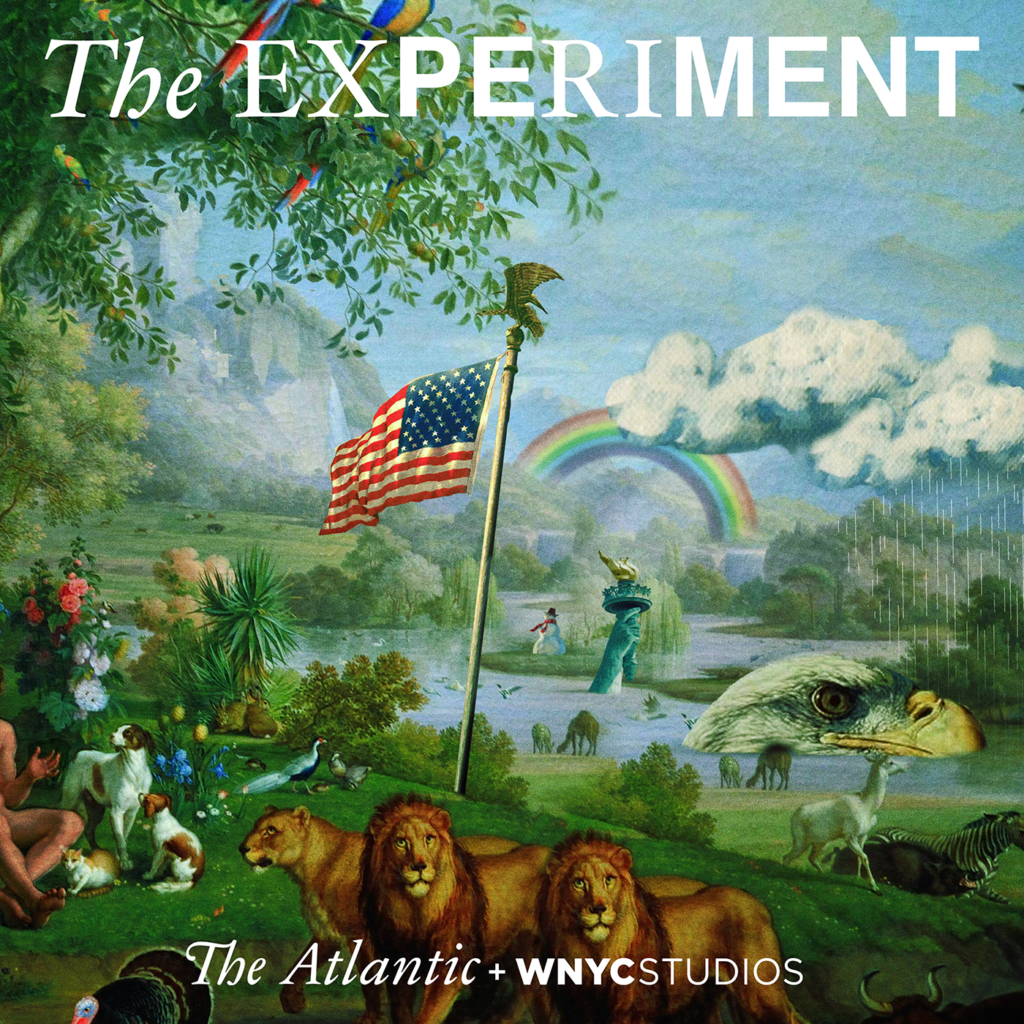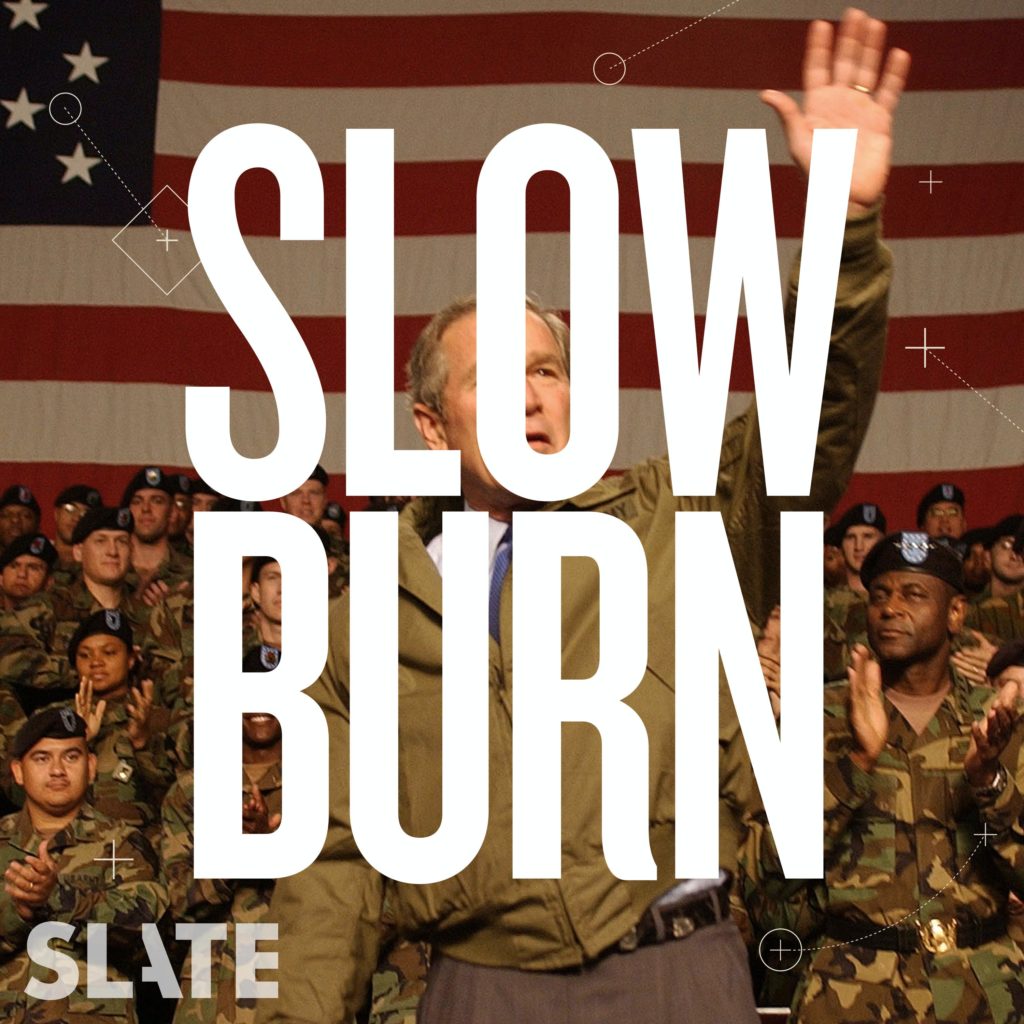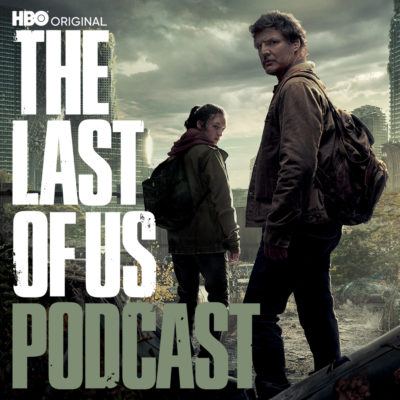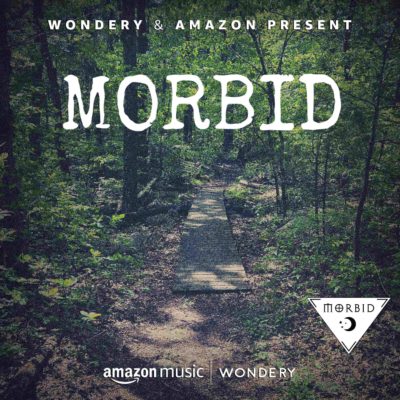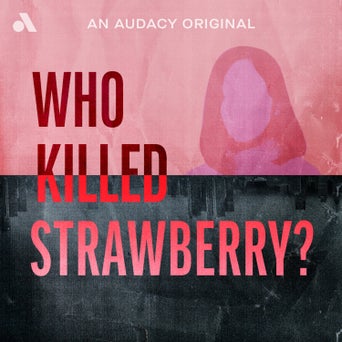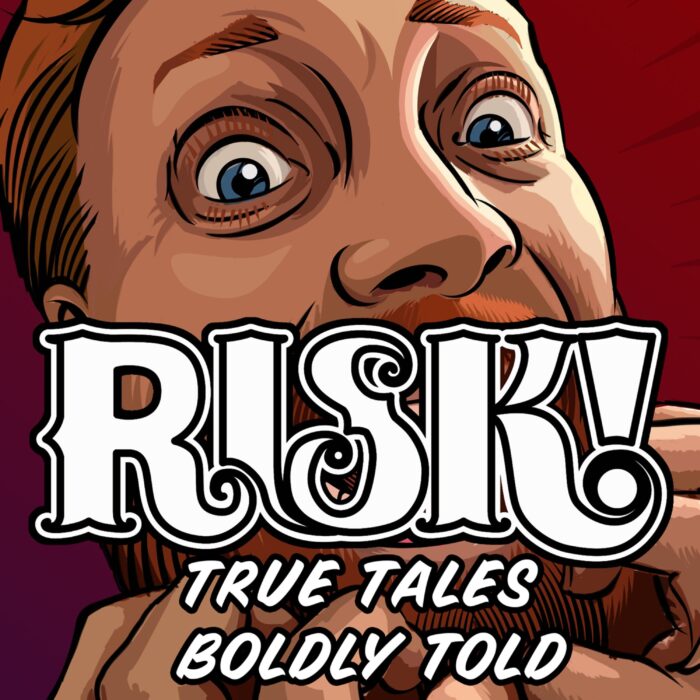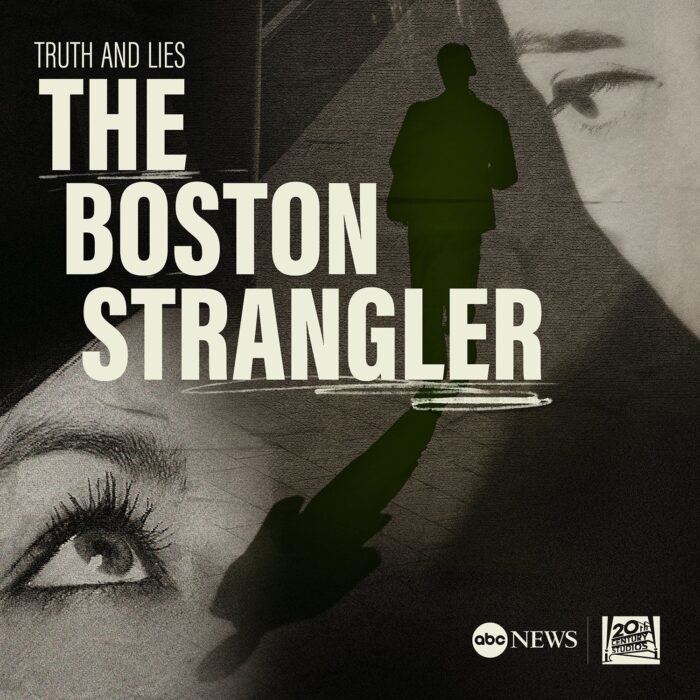‘Telling Our Twisted Histories’ unpacks the words that are othering to Indigenous people
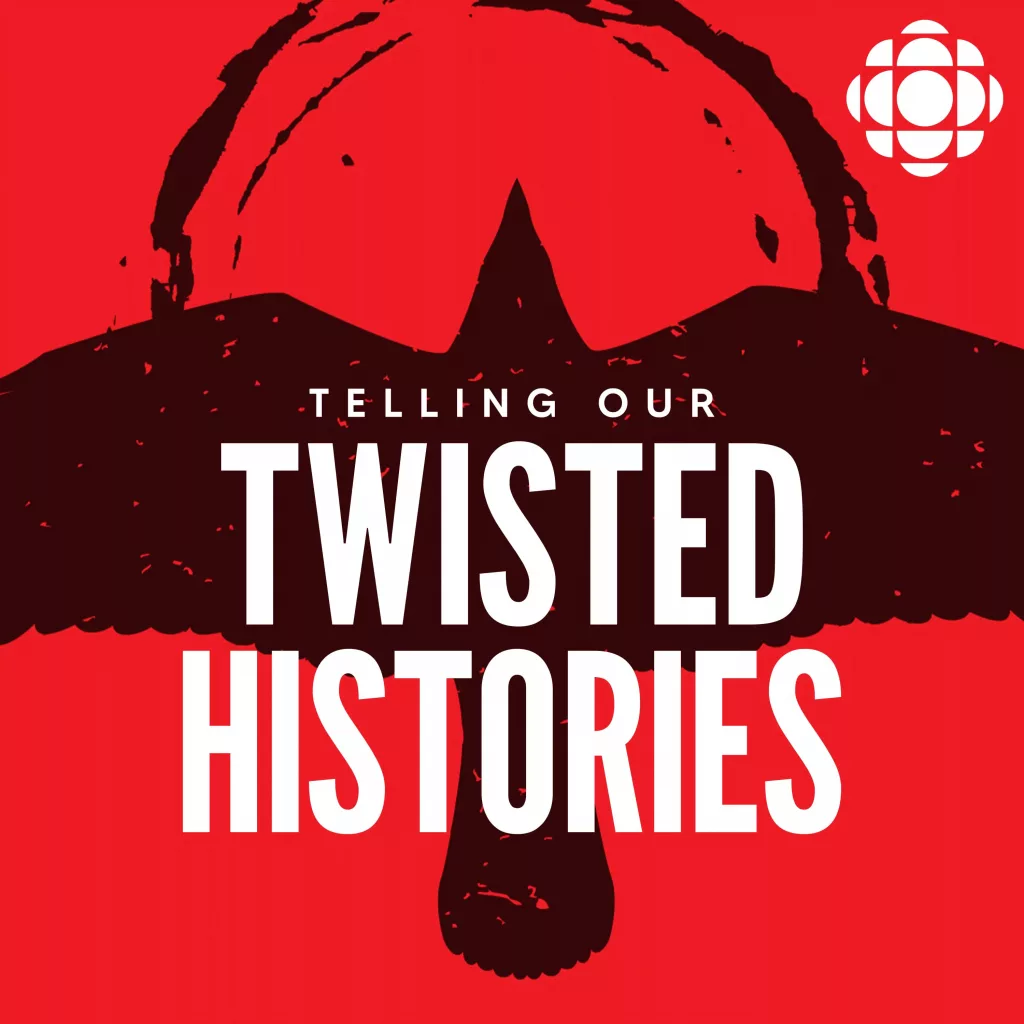
Indigenous histories have been twisted by the people who colonized them. In museums, in textbooks, in words. And Kaniehti:io Horn knows that words have power, so she is reclaiming the words that have been so warped in her new podcast, “Telling Our Twisted Histories.”
From CBC/Radio-Canada, Canada’s national public broadcaster, Horn explores 11 words whose meanings have been twisted by centuries of colonization. Interviewed in “Telling Our Twisted Histories” are over 70 people from 15 Indigenous communities whose lands make up Quebec, New Brunswick, and Labrador. One word at a time, in just 25 minutes, Horn will decolonize our minds.
The point of “Telling Our Twisted Histories” is not to scold or reprimand, instead, there are no experts telling us how to feel, but people who can tell us how they feel. “Words connect us, but also have the power to wound, erase and replace us,” is Horn’s mantra. She explores these aforementioned words with humor, providing a lightness to what can be a heavy subject.
One of the issues that has caused the continuance of colonization within Canada, the United States, and Mexico are the proclaimed “experts” on Indigenous communities, Indigenous languages, and Indigenous cultures, when nobody has in fact listened to Indigenous people. Horn wants her audience to sit back and just listen to the people who still deeply feel the effects of colonization that began half a millennia ago. And much of that comes from the language surrounding them.
Words like savage, Indian Time, and Pocahontas are some of the more obviously discriminatory and othering terms used in reference to Indigenous people. They have been used as stereotypes to depict an entire race of people as dangerous or in need of taming. But Horn is not just interested in those kind of words, the ones that make people cringe. She’s also interested in the word that make Indigenous people roll their eyes.
Discovery, God, school, reserve, obey. These are ideas and words thrust upon the Indigenous people as Europeans continued to swallow their land. Discovery: from Leif Erikson to Christopher Columbus, Hernán Cortés to Jacques Cartier, they all claimed to have discovered parts of North America. But this begs the question: how can one discover a land already inhabited by over 100 million people?
School: to Indigenous people, schools were the primary means of the governments of Canada and the United States to assimilate their children. Only, as we have seen more and more in recent months, residential and boarding schools were often a death sentence. And the terror of these government programmed schools are still felt generations after they were closed.
The quickness of the episodes, maxing out at just 25 minutes, is a deliberate choice to not fatigue listeners with a heavy burden. Hear the true story of Pocahontas, not the one that we’ve been beaten over the head with by Disney and storybooks. These are complicated subjects that are surrounded by complicated conversations, but “Telling Our Twisted Histories” is the best way to hear what Indigenous people have to say.
Horn and the podcast’s Award-winning director Ossie Michelin are excited that these conversations that they have been having with their friends and family will now be in the media. Instead of relying on the tangled tales of history to tell their story, people can listen first-hand from the people who know it best. Take a listen to “Tell Our Twisted Histories” for a new perspective that hasn’t been taught to us before.
